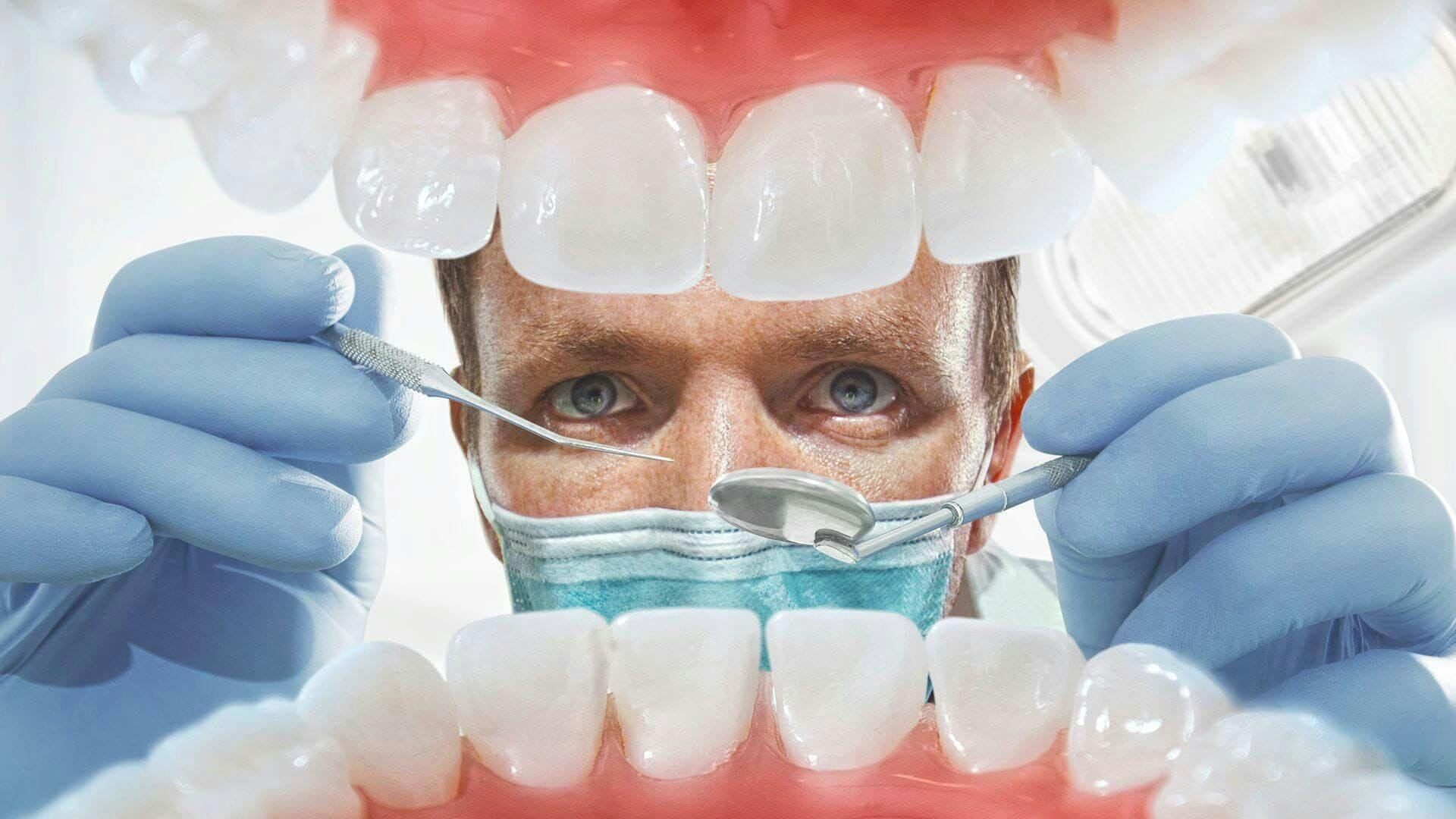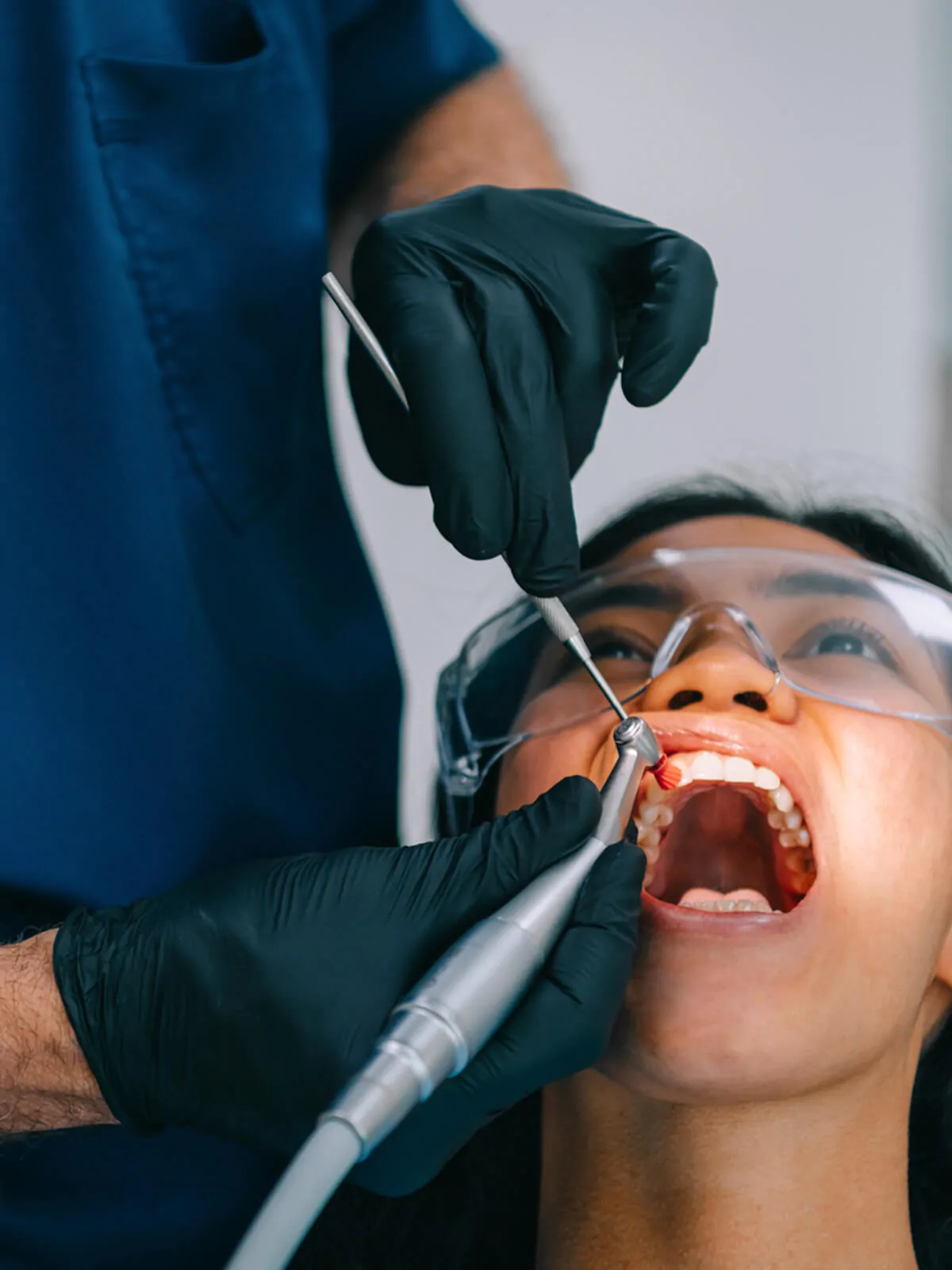The Benefits of Routine Appointments to a Dentist Eugene Oregon
The Benefits of Routine Appointments to a Dentist Eugene Oregon
Blog Article
Discover Frequent Oral Issues Your Dental Expert Can Solve
Comprehending regular oral problems is important for maintaining optimal dental health and wellness. Problems such as cavities, gum illness, tooth level of sensitivity, halitosis, and tooth degeneration prevail yet frequently neglected until they come to be serious. Dental professionals possess the know-how to diagnose and deal with these conditions, therefore avoiding further problems. Routine dental sees and customized treatment plans can deal with these issues properly, ensuring a much healthier and brighter smile. Yet what specific treatments do dental experts utilize to combat these issues, and exactly how can early treatment make a difference? The response to these inquiries provide useful understandings into safeguarding your oral health.
Cavities
Cavities, likewise referred to as tooth decays, are a widespread dental wellness concern triggered by the demineralization of tooth enamel as a result of acid production from bacterial plaque. This process begins when microorganisms in the mouth metabolize sugars and starches from food, generating acids that erode the enamel. Otherwise attended to without delay, this erosion can pass through much deeper into the tooth, affecting the dentin and at some point the pulp, potentially resulting in extreme pain and infection.
The very early stages of dental caries formation usually existing as white spots on the tooth surface area, showing preliminary demineralization. As the process advances, these spots can turn into black or brown sores, indicating more substantial decay. Regular dental examinations are crucial for very early discovery, as tooth cavities in their inceptive phases can be treated with remineralization techniques, such as fluoride therapies.
As soon as a dental caries has developed, restorative intervention is essential. Dental practitioners normally eliminate the decayed section of the tooth and fill up the dental caries with materials such as composite material, amalgam, or ceramic. In more serious instances, a crown or origin canal therapy might be needed. Safety nets, consisting of good oral health methods and nutritional alterations, play a crucial duty in reducing the threat of dental caries.
Gum Condition
While dental caries stand for a considerable concern for oral health, another critical issue that demands interest is gum illness. Also referred to as periodontal illness, gum tissue illness is an inflammatory problem influencing the tissues surrounding and sustaining the teeth. It is mostly brought on by the build-up of plaque-- a sticky film of microorganisms that forms on teeth.
Gum disease progresses through phases, starting with gingivitis, characterized by soreness, swelling, and bleeding periodontals (dentist eugene or). If left without treatment, gingivitis can rise to periodontitis, where the inner layer of the gum tissue and bone pull away from the teeth, creating pockets that become contaminated. Over time, the contaminants generated by the bacteria damage down the bone and connective cells that hold teeth in position, possibly causing missing teeth
Very early detection and treatment are vital. Expert dental cleanings and enhanced dental health practices, such as brushing twice everyday and flossing, can manage gingivitis. For advanced stages, therapies might include scaling and origin planing, prescription antibiotics, or even surgical interventions.
Normal oral examinations play an essential role in preventing and managing gum tissue disease. Dental experts can recognize early indications and suggest suitable interventions, making sure the maintenance of healthy and balanced gum tissues and total dental health.
Tooth Sensitivity
Tooth level of sensitivity influences millions of people worldwide, presenting a common yet commonly distressing oral concern. This condition occurs when the enamel, the outermost safety layer of the teeth, is jeopardized, disclosing the underlying dentin.
A number of elements add to enamel erosion and succeeding tooth level of sensitivity, including aggressive brushing, acidic foods and drinks, gum tissue recession, and bruxism (teeth grinding) In addition, oral procedures such as teeth bleaching can temporarily enhance level of sensitivity.
Foul-smelling Breath
An additional widespread dental worry that impacts people' daily lives misbehaves breath, clinically termed halitosis. This condition can be especially traumatic, impacting individual communications and self-confidence. Halitosis often stems visit from bad oral hygiene, which allows food bits to continue to be in the mouth, promoting bacterial growth. These germs generate sulfur substances, bring about undesirable odors.

Suggestions may entail enhancing dental health techniques, such as regular brushing and flossing, using anti-bacterial mouthwashes, remaining moisturized, and resolving any kind of dental concerns. Efficient management of bad breath not just enhances dental health yet also considerably improves high quality of life.
Dental Cavity

Protecting against tooth degeneration includes a mix of good oral hygiene methods and routine oral check-ups. Cleaning teeth at least two times daily with fluoride toothpaste, flossing check my blog to get rid of plaque between teeth, and limiting the intake of sweet foods and beverages are essential safety nets. Fluoride therapies, dental sealants, and professional cleanings provided by a dental professional can also play a substantial role in fortifying enamel and avoiding degeneration.
Dentists can get rid of corroded cells and bring back the tooth with fillings made from products such as composite material, amalgam, or porcelain. By dealing with tooth decay quickly, dental practitioners help preserve oral framework and feature, making sure lasting oral health and wellness.
Conclusion
Addressing common dental issues such as tooth cavities, gum disease, tooth level of sensitivity, bad breath, and dental cavity is crucial for maintaining optimal dental health and wellness and total health. Dental professionals have the competence to diagnose and deal with these problems successfully, guaranteeing tailored take care of each patient. Regular preventative measures and oral check-ups are necessary in identifying and taking care of these problems early, promoting a much healthier and a lot more positive smile over a life time.

Tooth decay, likewise understood as oral decays, happens when the enamel, the outer layer of the tooth, is worn down by acids produced by bacteria in the mouth. Brushing teeth at the very least twice daily with fluoride toothpaste, flossing to get rid of plaque between teeth, and limiting the intake of sweet foods and drinks are important precautionary steps.Resolving usual dental problems such as tooth cavities, gum tissue illness, tooth level of sensitivity, negative breath, and tooth degeneration is important for keeping ideal oral health and overall wellness.
Report this page